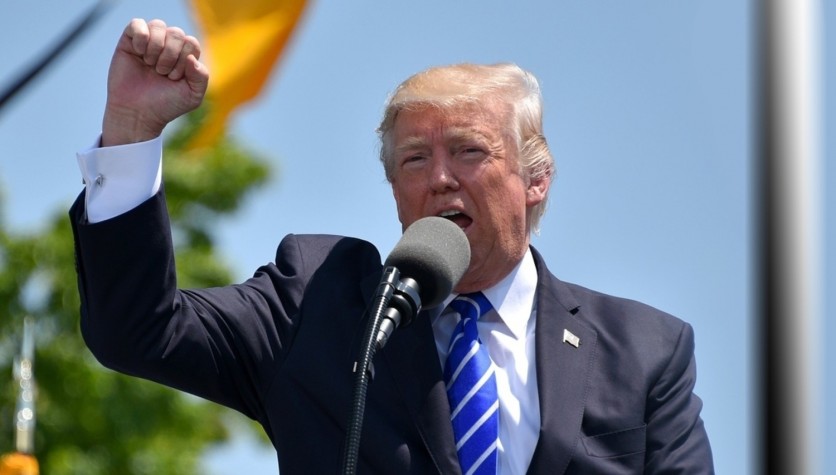
[UPDATE: SUNDAY, MAR. 21]
Until now, the government of Trump is still suffering from backlash with its reported 'slow response' in testing Americans with the disease.
According to the New York Times, the Coronavirus testing in the country is still done manually in several hospitals. Only 40 to 60 tests a day were being done by health staff. Due to this, the U.S. government said that starting on Monday, Mar. 23, the COVID testing would promise to rise by 13,000 to accommodate the needs of the citizens experiencing the symptoms.
Amid the growing number of coronavirus cases, President Donald Trump has declared a national emergency on Mar. 13.
The declaration will activate the Federal Emergency Management Agency (FEMA) in motion and will free up billions of dollars in federal funds.
The move "would unleash the full power of the federal government," he said.
Trump has invoked the Stafford Act which gives access to authorities and provides access to the funds.
According to CNN, the declaration came following a letter from Senate Minority Leader Chuck Schumer, in conjunction with Senators Patty Murray, and Gary Peters,urging Trump to consider disaster declaration.
What does trump's national emergency declaration mean?
One implication of the declaration is that, FEMA, the oscillatory agency of the Centers for Disease Control and Prevention and the Health and Human Services Department (HHS), now becomes the coordinator for coronavirus response.
A separate statement issued by FEMA said that HHS continue to be the lead agency though that will direct the overall response.
Trump's emergency order also activates FEMA in helping with logistics, such as putting up temporary medical facilities and transporting residents should a need arise. The resources are expected to come from various federal agencies, through contracts and from stocked warehouses. Every state will have to communicate their needs in order to be addressed immediately.
Secondly, Trump's move means more federal funds become more available, along with personnel, supplies, and other support.
In line with this, the president also urged for the setting up of emergency operation centers in every state while emergency preparedness plan needs to be activated in every hospital.
Trump also added that the emergency orders will "confer broad new authorities" to Health and Human Services Secretary Alex Azar.
The president empowered Azar to "waive provisions of applicable laws and regulations to give doctors, hospitals - all hospitals -- and health care providers maximum flexibility to respond to the virus."
The waivers include policies on bringing more physicians on board at some hospitals, critical access limits on lengths of stays and number of beds, and several federal licensing requirements.
What more to expect?
After Trump's move of declaring national emergency amid the growing cases of coronavirus, CNN said that more declarations could be expected down the line to empower the federal government to reimburse local and state government for the costs incurred during an incident.
Former President Bill Clinton, for instance, has issued an emergency declaration two decades ago over the West Nile Virus. The move freed up millions of dollars in federal funds to reimburse affected localities.
ⓒ 2025 TECHTIMES.com All rights reserved. Do not reproduce without permission.




